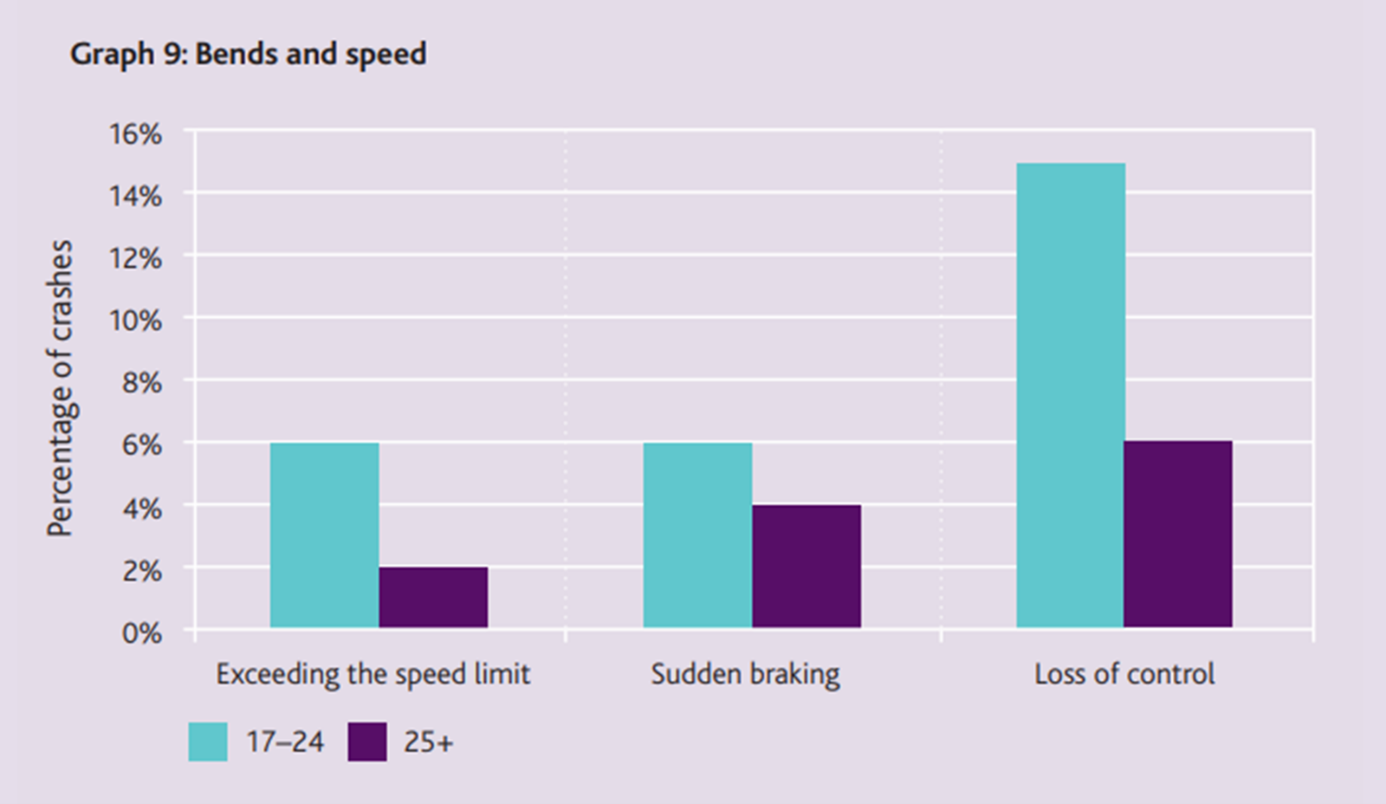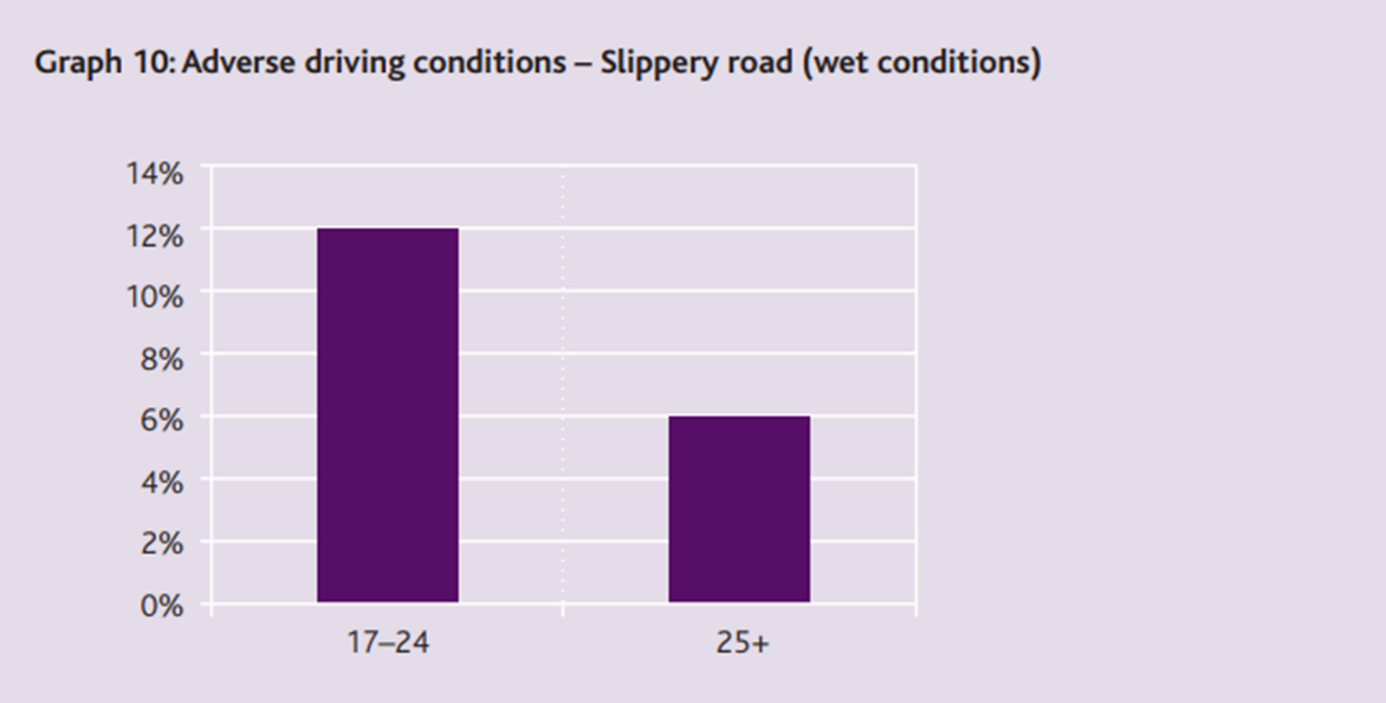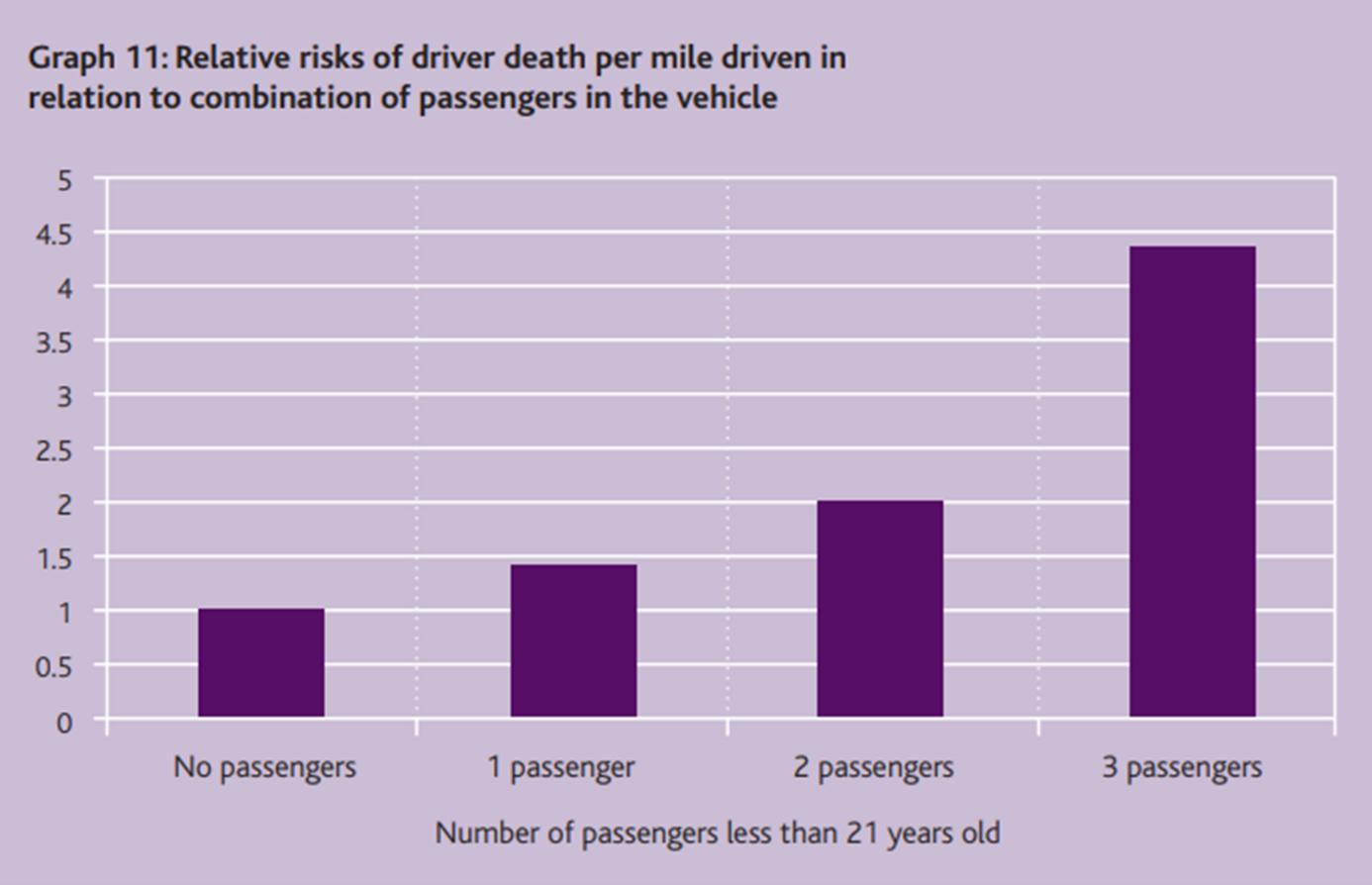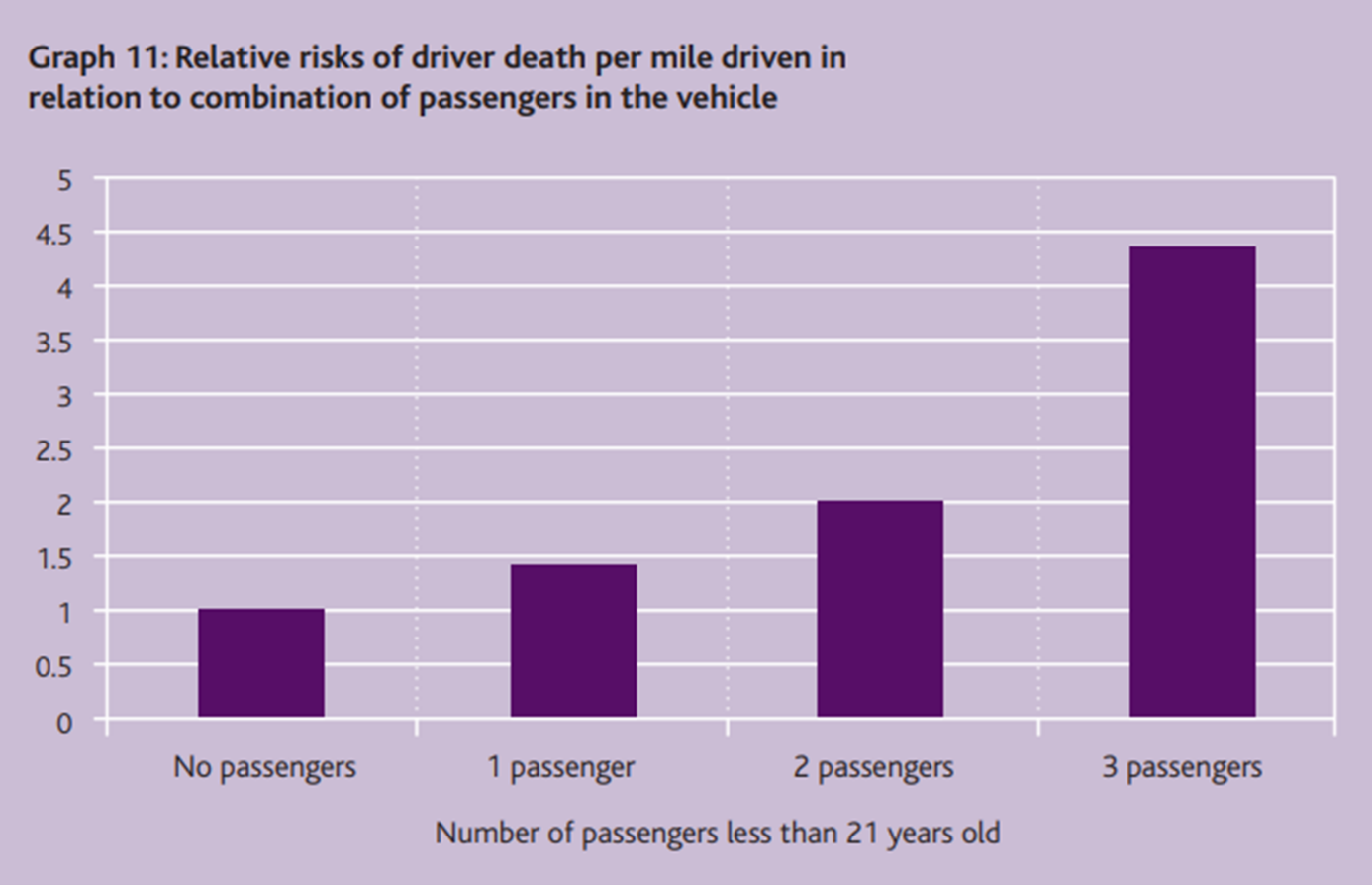What is a graduated driving licence (GDL)?
A graduated driving licence (GDL) would place a set of restrictions on young drivers who have recently passed their test. A GDL would essentially delay a full licence issue, with the hope of allowing new drivers to gather initial driving experience whilst under ‘lower risk conditions’.
Current U.K. licencing system
Under the current system, as soon as a young driver in the UK passes their test, they are able to drive unaccompanied with no restrictions. This is in contrast to motorcyclists who are obliged to follow a graduated scheme. Although the minimum age to ride a Category A1 motorcycle is 17, to ride an unrestricted motorcycle above 35kW you must be at least 21 years old with 2 years of Category A2 riding experience, or alternatively, at least 24 years old.
Looking further afield
Graduated licencing schemes for drivers are already in operation in New Zealand, New South Wales and Victoria in Australia, New York and California in the USA, Ontario and British Columbia in Canada and in Sweden.
In New York, the graduated scheme operates as follows:
- Junior Permit (minimum age 16, need to pass a written test, must have parental supervision when driving)
- Junior Licence (Must have held a Junior Permit for a minimum of 6 months, allows for unsupervised driving with a curfew and passenger restrictions. Without a supervising driver, only one passenger under the age of 21 is allowed)
- Unrestricted Licence (Minimum age is 18, or age 17 with driver education).
The New York State department of Health claims that their Graduated Driver Licencing is responsible for an 80% decrease in road traffic collisions for 16- and 17-year-old drivers.
What do the statistics suggest?
The statistics relating to accidents involving young drivers are alarming. Young and novice drivers aged 17-24 make up 7% of licence holders but are involved in a quarter of the injury collisions (and 24% of fatal collisions) on Great Britain’s roads.
Why are young drivers at increased risk?
There are various factors which cause young drivers to be grossly overrepresented in the official accident figures, these include:
Driving at night – high risk recreational driving, sometimes involving alcohol use, is more likely to take place overnight,
Speed and sudden braking – the data suggests that young drivers are much more likely to crash as result of excessive speed and sudden braking:

Adverse driving conditions

Passengers

Attitude

Are we likely to see a GDL scheme introduced in the U.K?
On 16 May 2023, Transport Minister Richard Holden will consider a GDL proposal which has been approved by Support for Victims of Road Crashes, an advisory committee to the Department for Transport. The GDL scheme could be implemented into law via the Road Traffic (New Drivers) Act 1995. In its current form, this act provides that if 6 penalty points are accrued on a new driver’s licence within the first two years after the test is passed, that licence is revoked. The licence remains revoked until a new licence is applied for, and the theory and practical tests are retaken.
The latest GDL proposal suggests that new drivers under the age of 25 are banned from carrying any passengers also under the age of 25 in their vehicles for up to a year after passing their test.
Sharron Huddleston has fought for the law change since her daughter Caitlin, 18, was killed in a car crash when her friend, Skye Mitchell, 18, lost control of the car and also died in 2017. “There is nothing I can do to bring Caitlin back, but I am determined, in her memory, to ensure that no other family goes through the pain and agony that we go through every day,” Huddleston told The Times. An inquest found that Mitchell, as a new driver, had been going “a little too fast” for the conditions when the collision took place with a van travelling in the opposite direction.
The coroner recommended that graduated driving licences be introduced to prevent future deaths.
Similar proposals to improve road safety in the U.K, including curfews for young drivers have been rejected in the past on the grounds that they would compromise young people’s freedom of movement and employment opportunities. These factors will need to be weighed up against the data which suggests that the proposals would have a significant impact on road safety and likely reduce fatalities amongst young drivers.
The Hugh James Serious Injury Team specialises in supporting individuals who have suffered life changing injuries.
The Hugh James Court of Protection Team supports many individuals who lack capacity to manage their financial affairs.



